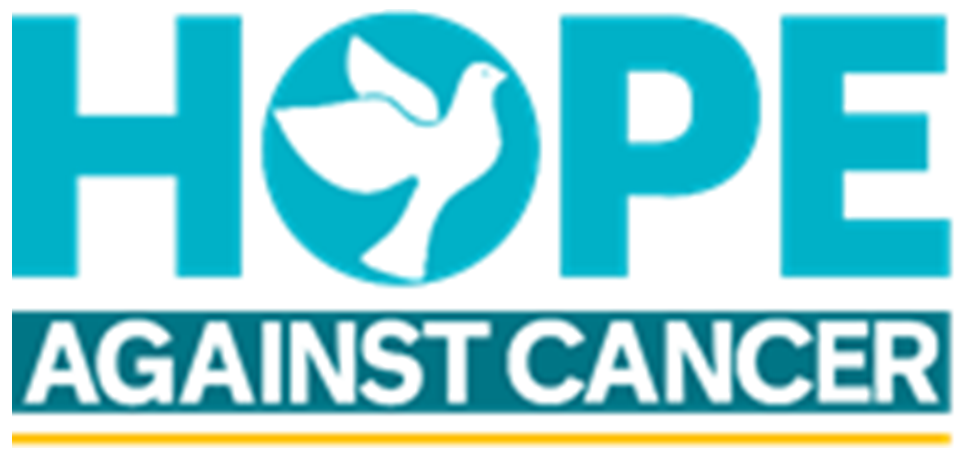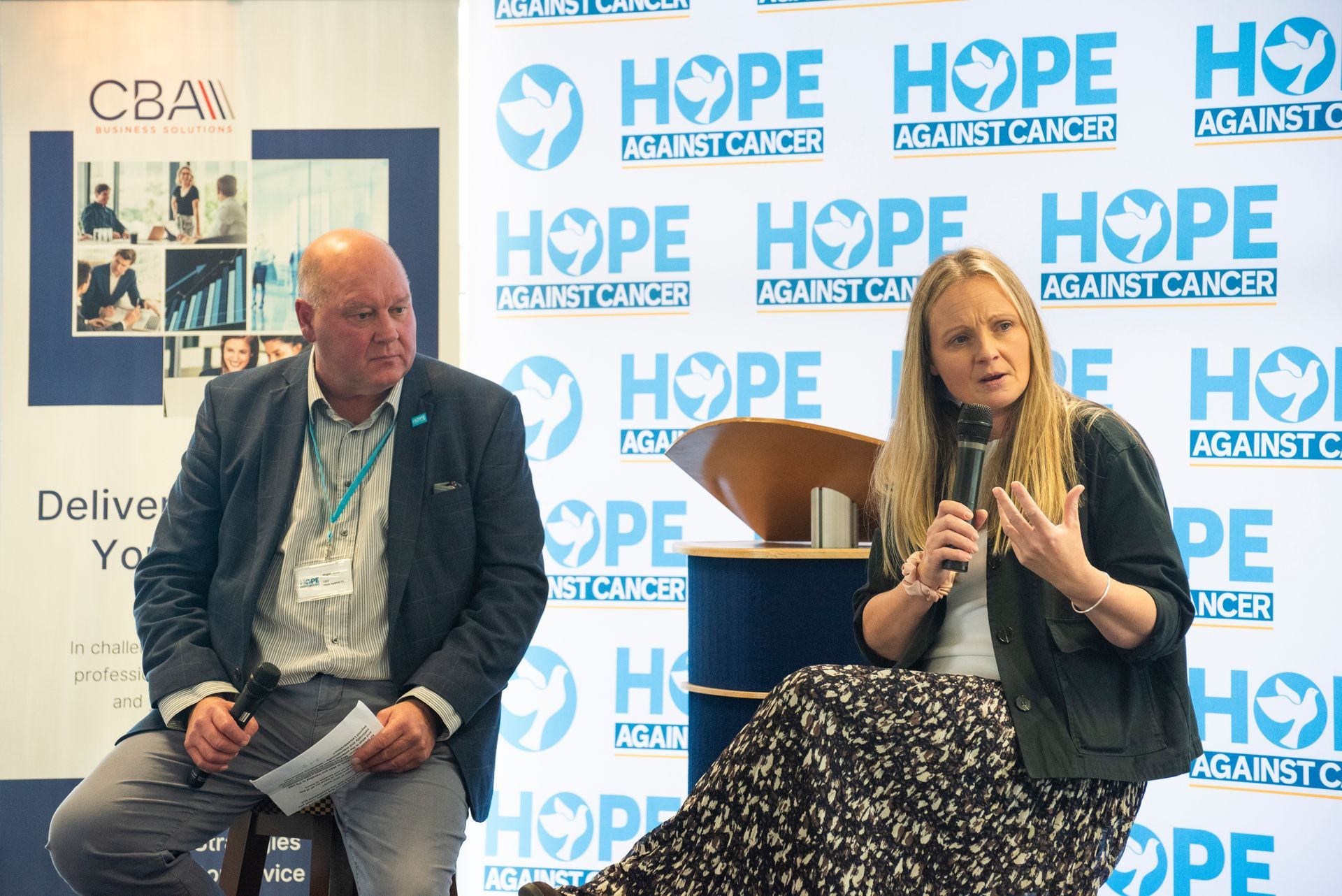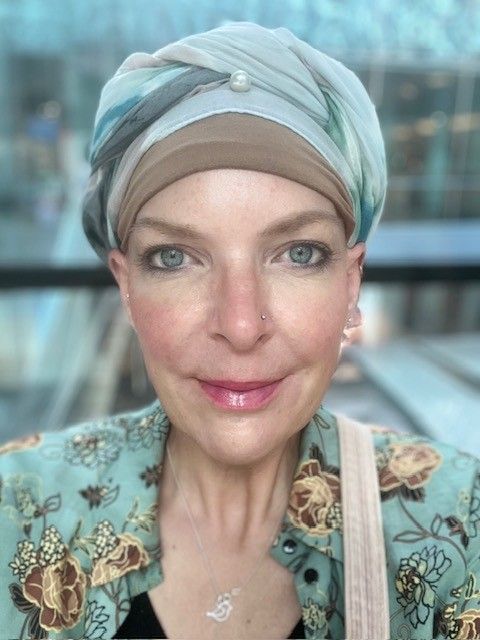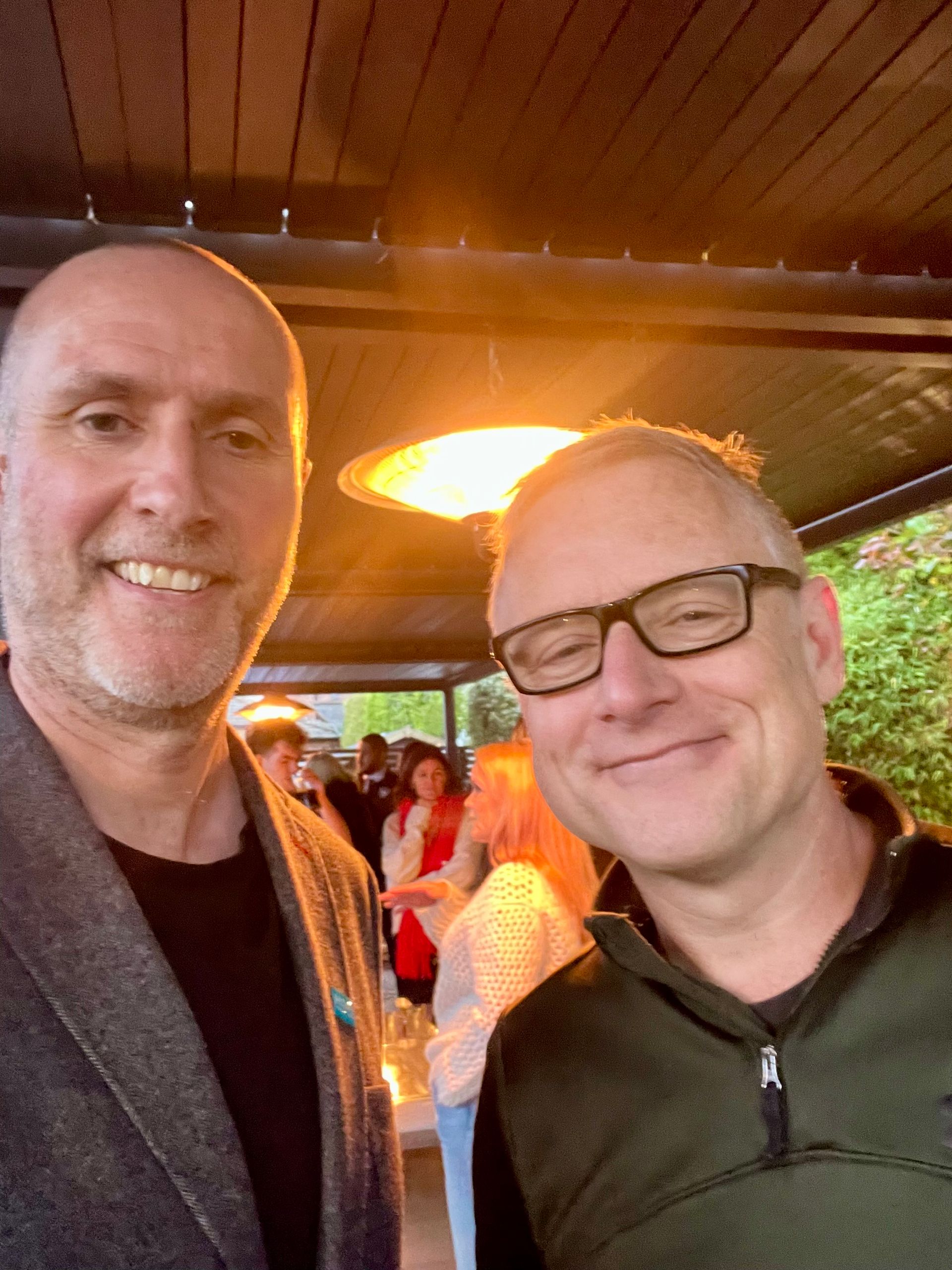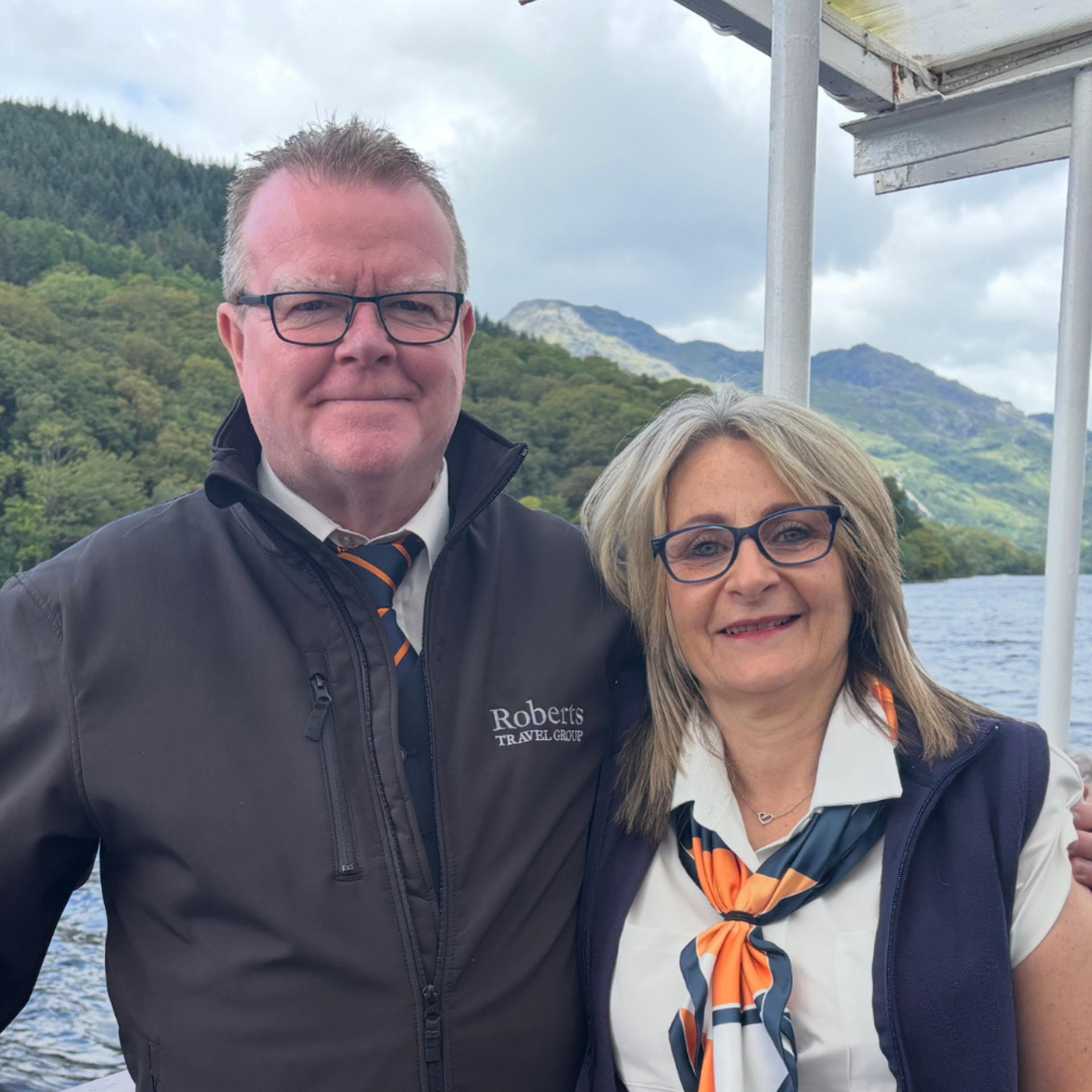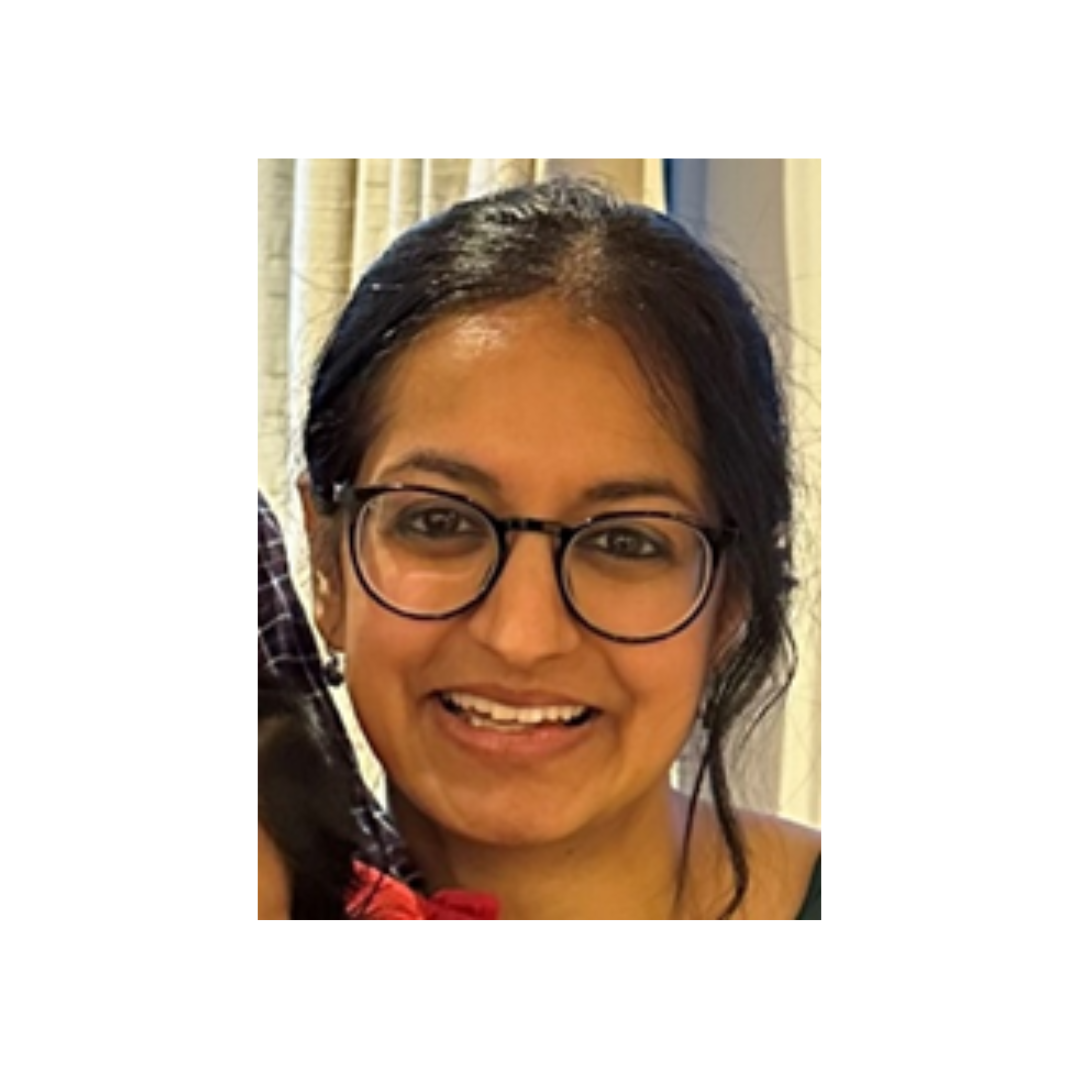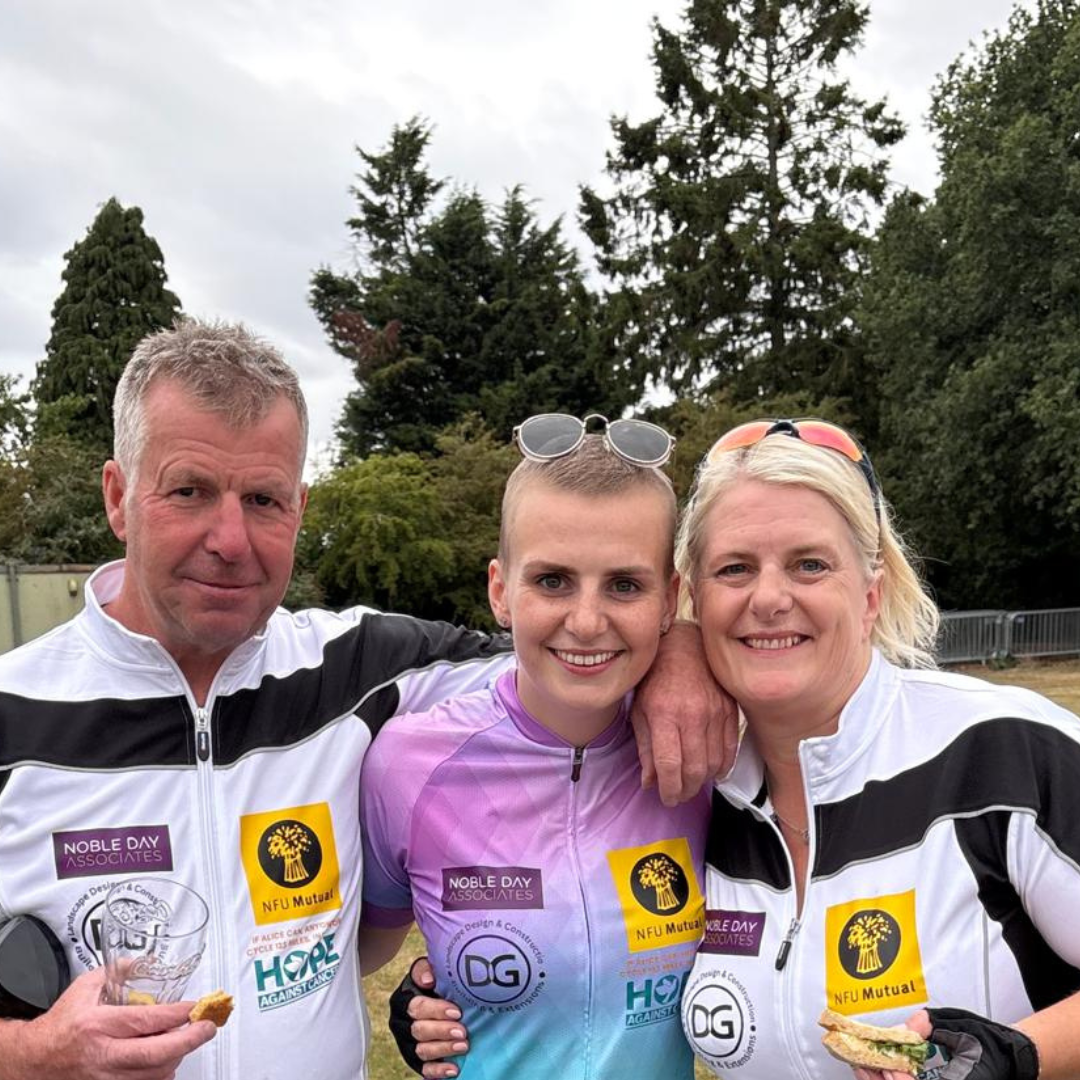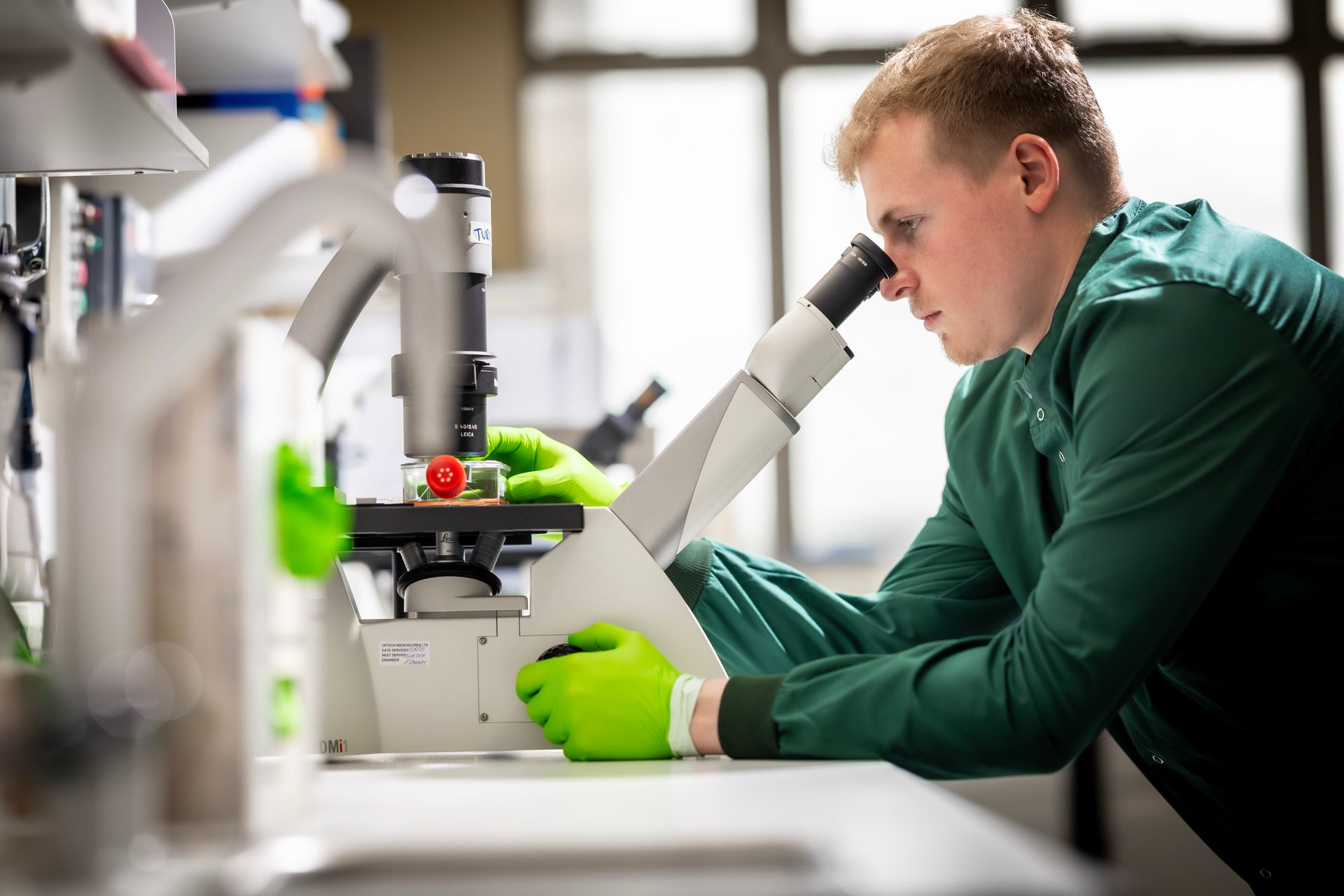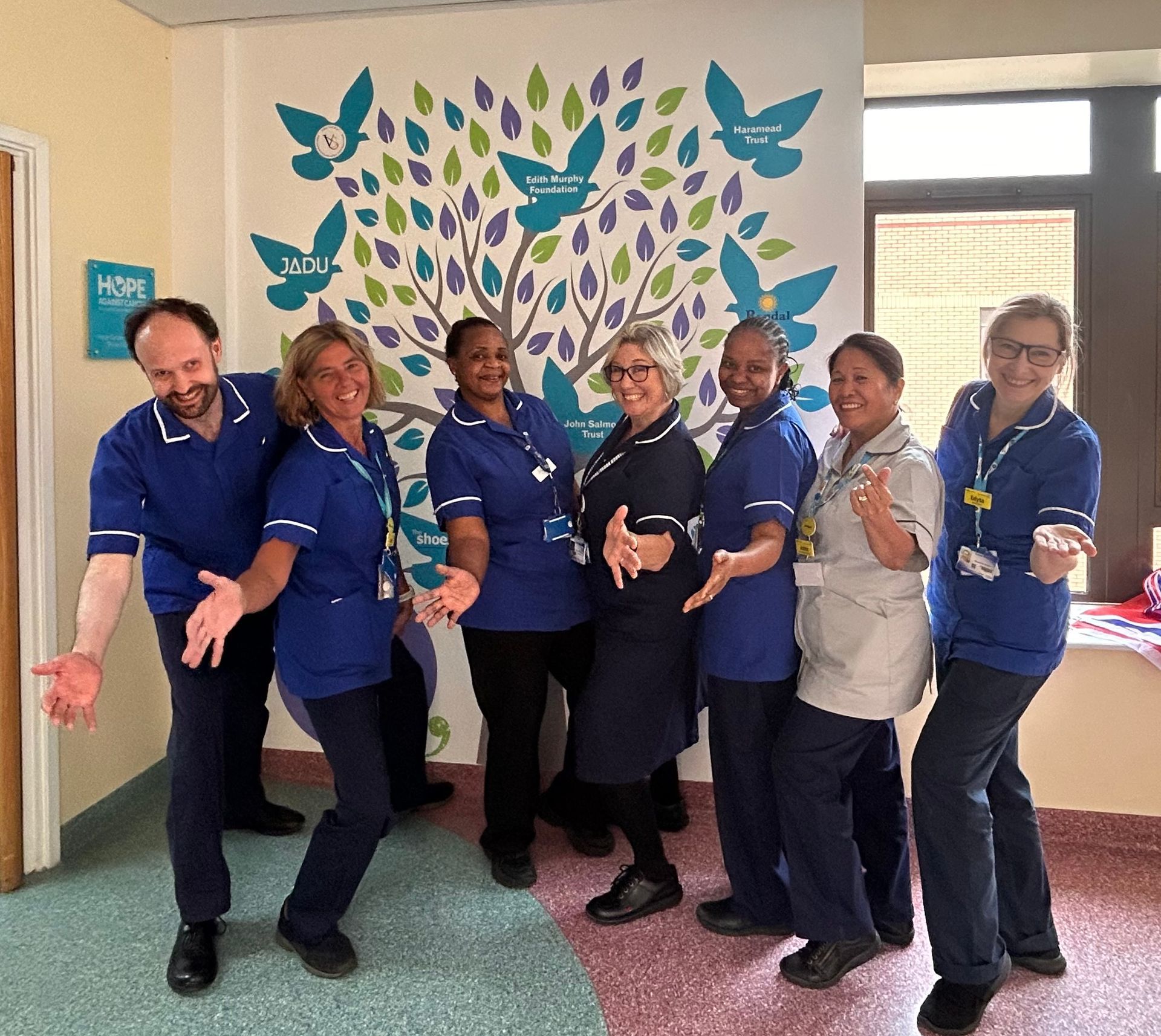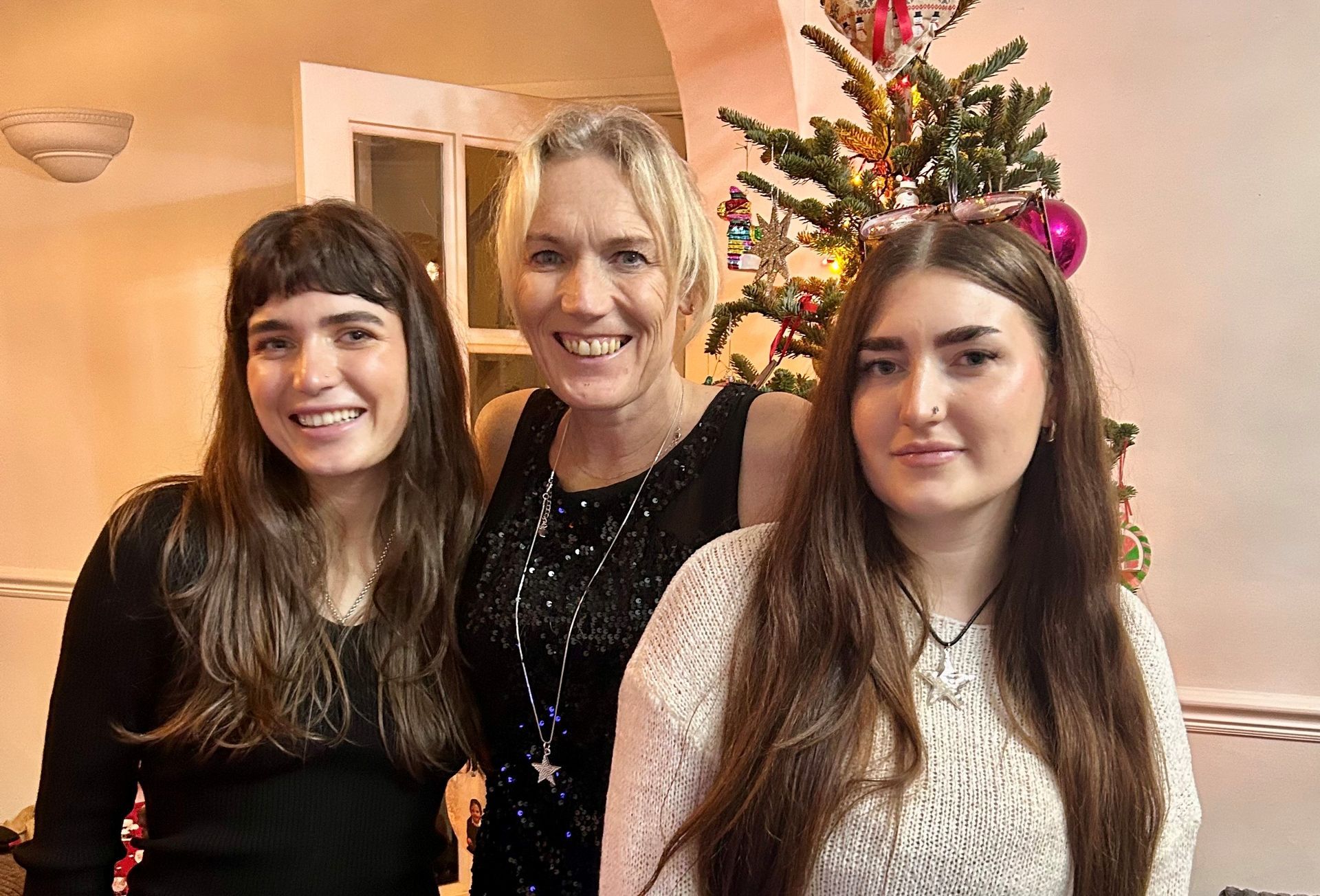Chemotherapy-free Treatment
Hope for Leukaemia Patients with chemotherapy free treatment
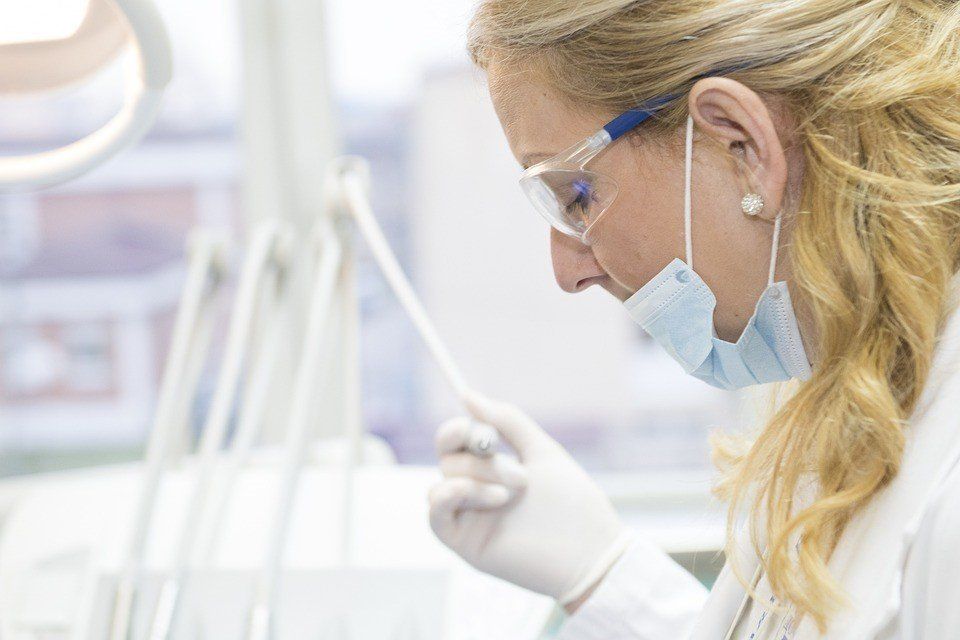
We have some very exciting news this month at Hope Against Cancer! Our researchers at the Clinical Trials Facility have shown some promising results for patients with Chronic Lymphocytic Leukaemia (CLL). This study was led by our very own Hope funded researcher, Professor Martin Dyer and it may well see a future where patients can receive treatment without the daunting prospect of chemotherapy.
So, what is CLL?
It is actually THE most common form of adult chronic leukaemia, where chemotherapy is usually used to treat it. However, sometimes this isn’t a suitable option for some patients who might have other health issues.
What’s the solution?
Well, researchers have combined a protein called BCL2, which kills the CLL cells, with another drug called Obinutuzumab. The result of this combination has been effective and found a 95% remission rate from those who were treated at the Clinical Trials Facility. This remission showed that there were no signs of leukaemia in the patients’ blood or scans and they didn’t have any symptoms.
The Expert
The results for patients who took part in the clinical trial have been exceptional, it’s also fantastic to see that they haven’t had to go through the gruelling process, or encounter the side effects, of chemo-therapy. Hope funded researcher, Professor Martin Dyer, is a professor of haemato-oncology and is the director of the Ernest and Helen Scott Haematology Research Institute at the University of Leicester. He has said that “The high response rates and remissions have made us optimistic that this treatment could become a standard of care of CLL patients in the future.” Here at Hope we feel that we have been incredibly lucky to have Professor Dyer’s expertise and knowledge to pull off such great results.
Our Chief Executive, Nigel Rose has said: “We are thrilled to see such incredible results coming from our Clinical Trials Facility. It is always a proud moment when we’re involved in funding research that has such a great potential impact on future treatments! It shows how important our funding is and without the fantastic support from the people of Leicestershire and Rutland who fundraise, donate and take part in Hope’s events, it simply wouldn’t be possible.”
If you want to find out more information about the Hope Against Cancer Clinical Trials Facility, then you can click here . To get involved in supporting vital research projects like this then you can help us by fundraising! Every penny counts and any amount raised is massively appreciated by the Hope team. For more information on how to help us beat cancer – click here !
